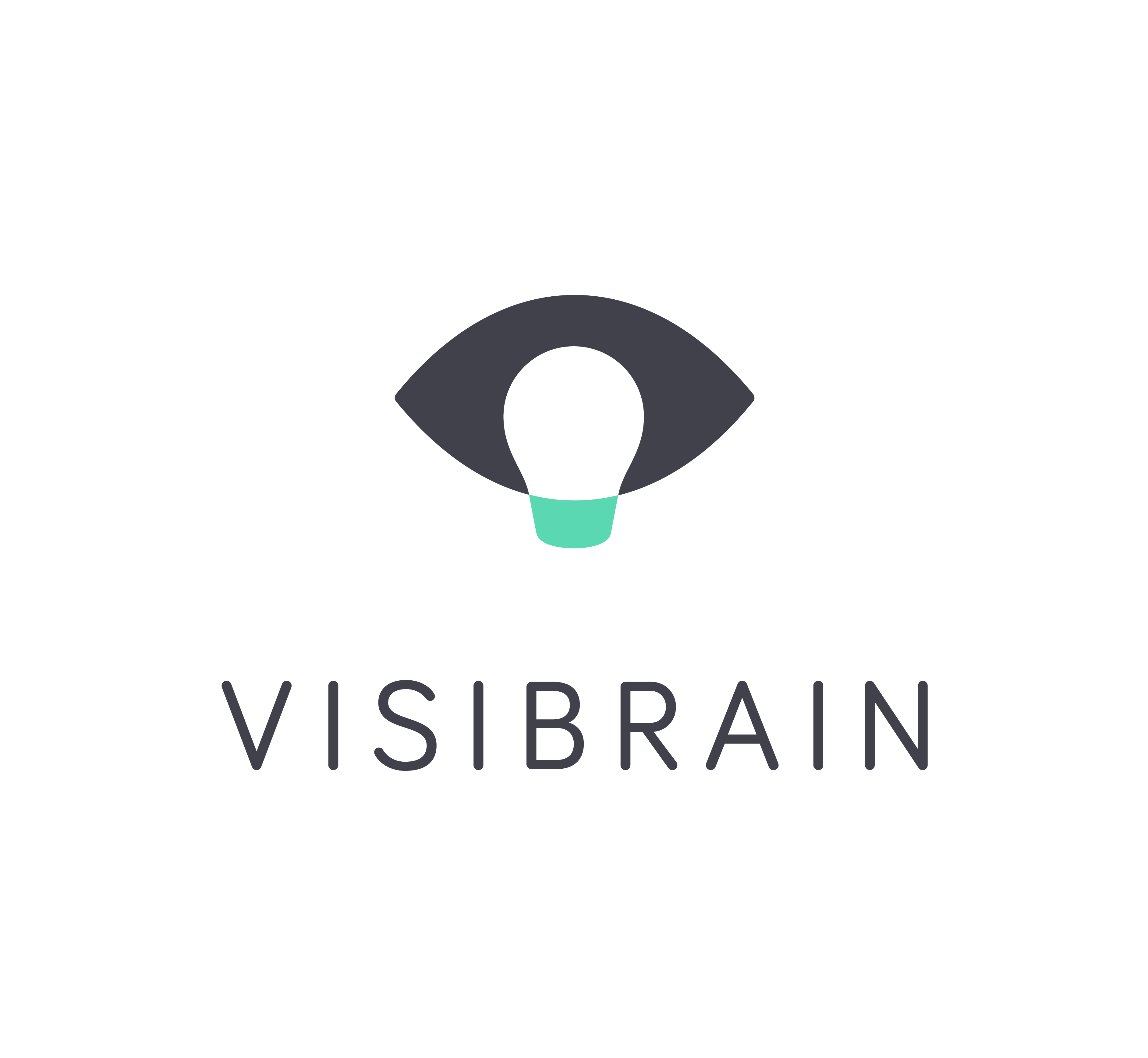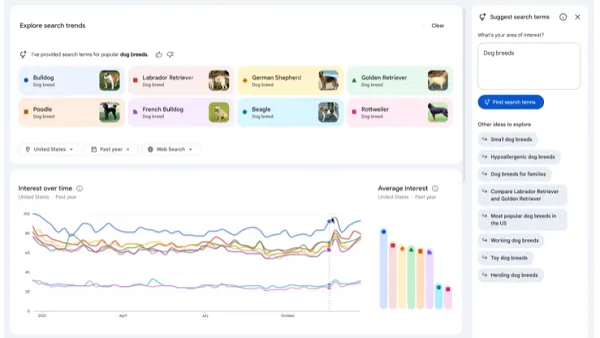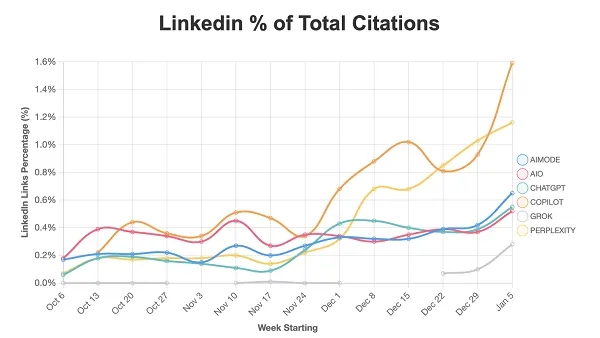I'm nearly a week late on this but I'm nothing like as gung ho on the tie up announced last week between AICPA, CPA2Biz and Intacct as others seem to be. As parsed by Laurie McCabe:
The gist of the alliance is that AICPA and CPA2Biz have designated Intacct as their preferred provider of financials applications. Together, they will educate AICPA's 350,000 members about the benefits of moving their financials solutions to the cloud. The deal will give all AICPA membersâ€"both CPA firms and their clientsâ€"discounts on Intacct solutions, and encourage accounting firms to use Intacct as a platform to provide services for their clients. In addition, AICPA will layer its best practices and vertical templates on top of Intacct's solution to give accountants additional tools, guidance and content to create a unique CPA version of Intacct. The partnership is a big coup for Intacct, which currently has about 100 accountant partners. By joining ranks with AICPA and CPA2Biz, Intacct gains the potential to dramatically scale its accountant channel-and reach thousands of SMB customers through them.
This is a very different model to one you'd find in the UK where ICAEW provides a certification process but doesn't offer vendor specific endorsements. While there is no doubt that the offering represents a challenge to Intuit, I have my doubts whether Intacct will get the viral growth it seeks. I'm all for encouraging cloud computing but at the same time choice is important. In nailing its colours to a single mast, AICPA is taking one heck of a risk with a company that, according to Laurie's analysis has 0.1% professional practice penetration. As far as I can tell, the agreement between parties is non-exclusive so expect competitors to wade in with alternative offerings.
The upside is that Intacct is making the kind of business play I have been advocating for years. Over at DealArchitect, Dan Drucker, Intacct's SVP marketing and business development says:
Since the cloud makes physical location meaningless, accounting firms can for the first time align labor supply with client demand. They can apply labor from less expensive geographies and can bring talented, part-time professionals back into the workforce. Because they can serve clients anywhere, it is much easier to specialize, providing better career paths for their people and higher value for their clients. Leading edge firms that have moved to the cloud are beginning to shift their business models from billable hours to intellectual capital monetization.
This is something of an over simplification because experience shows that clients prefer local knowledge tied to local services. However, the ability to use cloud computing as a springboard for outsourcing for instance is a highly compelling argument. Or alternatively for creating new types of alliances where local knowledge can be buttressed by industry specific expertise that can be globalised.
This is not as daft as it sounds. My impression from discussing the US market with colleagues like Rick Telberg is that the DNA of professional accounting is something of a global phenomenon. So when Dan Drucker says:
An inherently conservative organization like the AICPA does not make a move like this lightly...
I know exactly what he means. However, the real challenge will come in overcoming other objections.
- Cloud computing poses some threats to the profession. For example, we are starting to see many different flavours of accounting in the Internet cloud, a number of which are squarely aimed at the end user rather than the on-site professional. Removing the mystique creates a different relationship where compliance becomes a commodity. Dan attempts to address this but it is far from a given that firms will simply flip to value add services.
- At the other end of the prep process, the incumbent providers of practice management solutions have been slow to adapt to cloud based services. Without a change there, professionals could find it very difficult to adjust. I accept however that this argument is not necessarily a deal breaker since many functions could remain as 'on-premise' for a large percentage of location dependent practitioners.
- Similarly, the profession is wedded to the billable hour so getting them to understand the value add argument will be tough when their lives are predicated upon time based income streams. I'm sure Verasage will have something to say about this but opportunity of itself doth not a convert make.
Am I being the harbinger of doom? Not at all. There is plenty of evidence in the US that the appetite for cloud services among professionals has moved beyond the curiosity stage. AICPA endorsement is unquestionably a fillip. But then as laways we need to see proof of acceptance.
Related articles by Zemanta
Related stories
- No Related Post
Link to original post









